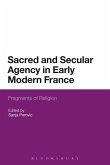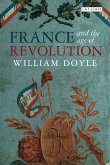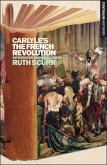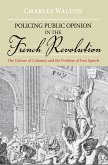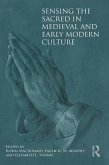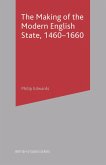The opposition between 'religion' and 'modernity' has long held the status of a self-evident truth. Recently, however, there has been a growing realization that religion has not died out and may be more compatible with modern society than previously assumed.This development is particularly striking in France where laïcité has long been the official doctrine.
How did religion become opposed to the secular and modern? If distinctions between sacred and secular are less adequate than commonly believed, how do these two categories interact?Addressing these questions, this book explores the persistence of religious categories on the cultural landscape of early modern France. France was the birthplace of Europe's first secular state and the centre of two movements considered indispensable to secularization - the Enlightenment and Revolution of 1789. As such France is vital for understanding how religious antecedents informed modern political institutions and ideals. By uncovering the role of religion in shaping categories most often associated with modernity this book offers a new perspective on the master narrative of secularization.



